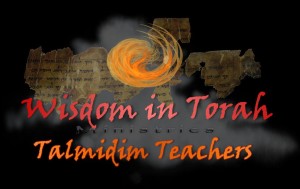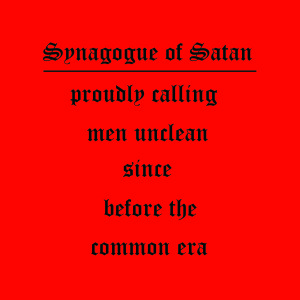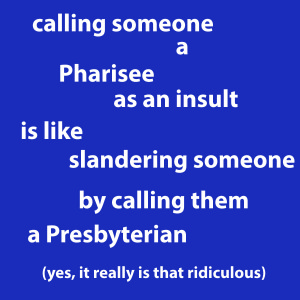The Fruit of the Spirit Pt 3 – Peace
Peace is the easiest of the fruit of the Spirit to attain – as long as we are living alone with no neighbors, family or internet access. Add people and chaos ensues – chaos and our desire for supremacy (even if we are passive-aggressive and sly about getting it).
Nowhere do I see less peace than within congregations and on social media.There’s just something about religion that creates ugliness, because religion is about domination. Faith, on the other hand, is what brings humility and peace. Religion is about you doing things the same way I am doing them, but faith is about striving towards pleasing God. Religion is confrontational and combative, whereas faith is introspective and refining.
Without peace there can be no love, joy, patience, kindness, goodness, gentleness or self-control because without peace we are too volatile to do anything but throw what rotten fruit we have at any and all passersby. Instead of verdant orchards of plenty, our social media congregations look like a scene out of the Wizard of Oz!
Yeah the fruit looked nice, until you decided to try some and then you got whacked.
Can we let things go?
Do we focus on the small stuff while neglecting the weightier matters of Torah – justice and righteousness, taking care of the widows, poor, orphans and the oppressed? Do we spend our time looking for ways to encourage and edify or do we look for ways to disagree and tear down?
Can we look past things that we disagree with or is our input always vitally important to the survival of humanity?
I used to want to correct everyone’s “wrongness” while my own errors went unaddressed. I thought I was wise, and a savior of the ignorant, but really I was just chaotic and pushy. I was so eager to correct that I went looking for opportunities – even if I had to take someone out of context. You know, it’s amazing how easy it is to find something “wrong” when you are looking for it, and how your mind will twist words and intentions in order to get that thrill of “drive-by-correction.” But one day I figured out that it wasn’t killing me if people were wrong on their own pages, or if I simply disagreed with them. On my own page I have an obligation to correct major errors, or when someone reposts something I have written and comments in such a way as to misrepresent what was said, but otherwise I have to allow people to be wrong. After all, a lot of people allowed me to be wrong and didn’t all hop on me at every opportunity – because they had peace. They knew how to let things go and allow me to be young and immature.
If I can’t allow you to say the Name of YHVH differently than I do it is because I have no peace, not because I am zealous for Him. If I can’t keep a feast according to someone else’s calendar – again, that is a lacking in peace on my part. If I have to convert you to my way of thinking, it is a peace problem. If I only comment on people’s threads when I disagree – you get the picture.
I had to learn to be at peace – I had to learn that I am not the arbiter of truth, correction and rightness. I am still having to learn it.
Sadly – and this is truth – I see a lot of hatred out there, and hatred is easier to emulate than peace. We have to avoid hating those who love YHVH at all costs – even when there are disagreements. When we start falling into accusation and racism, or anti-semitism and suspicion, there is no good fruit to be had in it. And what does it gain us? Does hating and slandering the Ashkenazi Jews gain us any good fruit? Does hating the laws of God produce goodness in our lives? Does it promote peace when we believe everything we hear, call everything pagan, or when we prepare to die on every hill of doctrine?
There is a tribulation coming to the Body of Believers, a Covenant Lawsuit, because we do not love each other, because we have not been charitable and just, and because we have contempt for the holy things of YHVH – His Land, His Temple, His People, His Priesthood, His Sabbaths and Feasts, and His Covenants. The Bride must learn the art of peace, and must forsake the chaos of her flesh – after all, what man would want a know-it-all, uncharitable, hateful, prideful and ungrateful Bride?
He’s going to have to turn up the heat and boil it out of us – for mercy’s sake.




